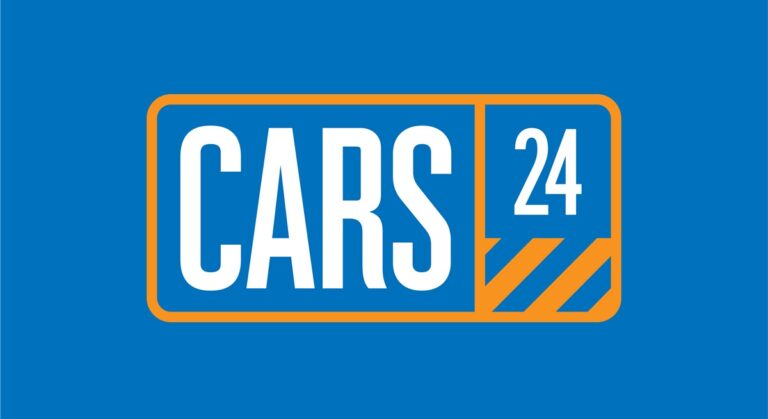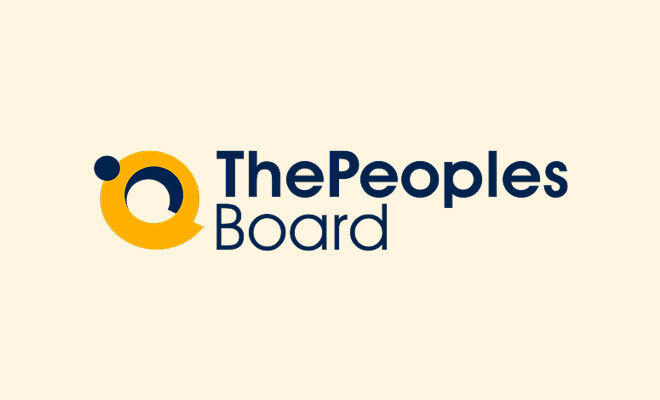Compensation and benefits remain key features for employees across India when it comes to evaluating a job. As such, compensation and benefits management is becoming more and more crucial for HR professionals.
This specialization involves designing, implementing, and managing pay structures and benefits programs to attract, retain, and motivate employees while aligning with organizational goals.
For HR professionals in India, specializing in this area can open doors to a rewarding and impactful career. Companies across the country are now well aware of how much compensation and benefits contribute to employee retention and satisfaction and hence desire professionals that can optimize their offerings to the employees.
Let’s explore what compensation and benefits management entails, why it’s a valuable career path, and how to become an expert in this domain.
What is Compensation and Benefits Management?
Compensation and benefits (C&B) is a specialized HR function focused on creating a fair and competitive total rewards package. It includes two primary components:
- Compensation: Salary, bonuses, incentives, and allowances.
- Benefits: Non-monetary perks such as health insurance, retirement plans, leave policies, wellness programs, and employee discounts.
The goal of C&B management is to ensure that an organization’s pay structure is equitable, competitive, and aligned with business objectives while complying with labor laws and market standards.
Why Specialize in Compensation and Benefits Management?
High Demand for Specialists
Organizations are increasingly seeking HR professionals who can strategically manage compensation and benefits programs to drive employee satisfaction and organizational growth.
Strategic Influence
C&B professionals play a pivotal role in shaping company policies that directly impact employee morale, engagement, and retention.
Financial Expertise
This specialization combines HR expertise with financial acumen, offering a unique and analytical career path.
Career Advancement
As a C&B expert, you can grow into senior roles such as Compensation Manager, Head of Rewards, or even Chief HR Officer (CHRO).
Skills Required to Excel in Compensation and Benefits Management
To succeed in this field, you’ll need a combination of technical knowledge, analytical skills, and strategic thinking.
Technical Expertise
- Understanding of pay structures, salary bands, and benefits programs.
- Familiarity with Indian labor laws such as the Payment of Wages Act, 1936, Minimum Wages Act, 1948, and Employees’ Provident Fund Act, 1952.
Analytical Skills
- Use data analytics to benchmark salaries, analyze pay equity, and forecast compensation budgets.
Communication Skills
- Ability to explain complex compensation policies to employees and negotiate with stakeholders.
Problem-Solving Skills
- Address pay disputes, design equitable pay structures, and customize benefits programs to meet diverse workforce needs.
Tech Proficiency
- Knowledge of HR software like SAP SuccessFactors, Workday, or PeopleStrong for managing payroll and benefits.
Strategic Thinking
- Align compensation strategies with business goals to ensure long-term sustainability.
Steps to Specialize in Compensation and Benefits Management
Start with HR Fundamentals
Before specializing, gain experience in general HR functions like recruitment, employee relations, or training. This foundational knowledge will help you understand how compensation integrates with other HR processes.
Pursue Relevant Education
A formal education in HR or finance is essential. Consider:
- Bachelor’s Degree: In HR, business administration, or finance.
- Master’s Degree: MBA in HR or a postgraduate diploma in HRM.
Enroll in Specialized Certifications
Certifications add credibility and enhance your expertise. Popular options include:
- Certified Compensation Professional (CCP) by WorldatWork.
- Global Remuneration Professional (GRP) by WorldatWork.
- SHRM Total Rewards Specialty Credential by SHRM.
- Indian-specific courses offered by organizations like NHRDN or XLRI.
Gain Practical Experience
- Volunteer for compensation-related projects in your current role, such as payroll audits, salary benchmarking, or policy reviews.
- Work closely with finance teams to understand budgeting and cost analysis.
Learn Data Analytics
Master tools like Microsoft Excel, Tableau, or Power BI to analyze compensation trends and create data-driven recommendations.
Build Legal Knowledge
Stay updated on Indian labor laws related to wages, gratuity, insurance, and tax regulations. This knowledge is crucial for compliance and risk mitigation.
Network with C&B Professionals
- Attend HR and C&B-specific conferences and workshops, such as those organized by SHRM India or WorldatWork.
- Join LinkedIn groups or professional associations focused on rewards and benefits.
Stay Updated on Industry Trends
Compensation and benefits practices evolve with market dynamics, technology, and employee expectations. Follow industry reports, read case studies, and participate in webinars to stay ahead.
Transition into Specialized Roles
Once you’ve built expertise, seek roles such as Compensation Analyst, Rewards Specialist, or Benefits Manager. These roles will pave the way for leadership positions.
Challenges in C&B Management
Balancing Budget Constraints
Creating competitive compensation packages while staying within budget can be challenging.
Addressing Workforce Diversity
Indian workplaces often have a mix of blue-collar and white-collar employees, requiring tailored compensation strategies.
Keeping Up with Regulatory Changes
Frequent updates to labor laws and tax regulations require constant vigilance.
Managing Pay Disparities
Ensuring pay equity across genders, regions, and job levels is a critical yet complex task.
Opportunities in the Indian Context
India’s dynamic workforce presents unique opportunities for C&B professionals:
- Startup Ecosystem: With startups booming, there’s a need for innovative compensation strategies to attract top talent.
- Gig Economy: Designing benefits for gig workers is an emerging area of focus.
- Digital Transformation: Technology is enabling personalized and flexible benefits programs.
Making an Impact as a C&B Expert
- Design Competitive Pay Structures: Use market benchmarking to create salary bands that are both competitive and equitable.
- Implement Flexible Benefits: Offer benefits like health insurance, wellness programs, and remote work options tailored to employee needs.
- Promote Pay Transparency: Communicate compensation policies clearly to build trust and prevent misunderstandings.
- Leverage Technology: Adopt HR tech platforms for efficient payroll processing, benefits management, and real-time analytics.
- Advocate for Employee Well-Being: Introduce programs that prioritize work-life balance, mental health, and financial security.
Conclusion
Specializing in compensation and benefits management is a rewarding career path for HR professionals who enjoy analytical work, strategic decision-making, and financial planning. In India, the role holds significant importance as organizations strive to attract and retain talent in a competitive market.
By building the right skills, gaining practical experience, and staying updated on industry trends, you can establish yourself as a sought-after C&B expert. Beyond designing pay structures, you’ll have the opportunity to drive employee satisfaction, foster trust, and contribute to your organization’s long-term success.




